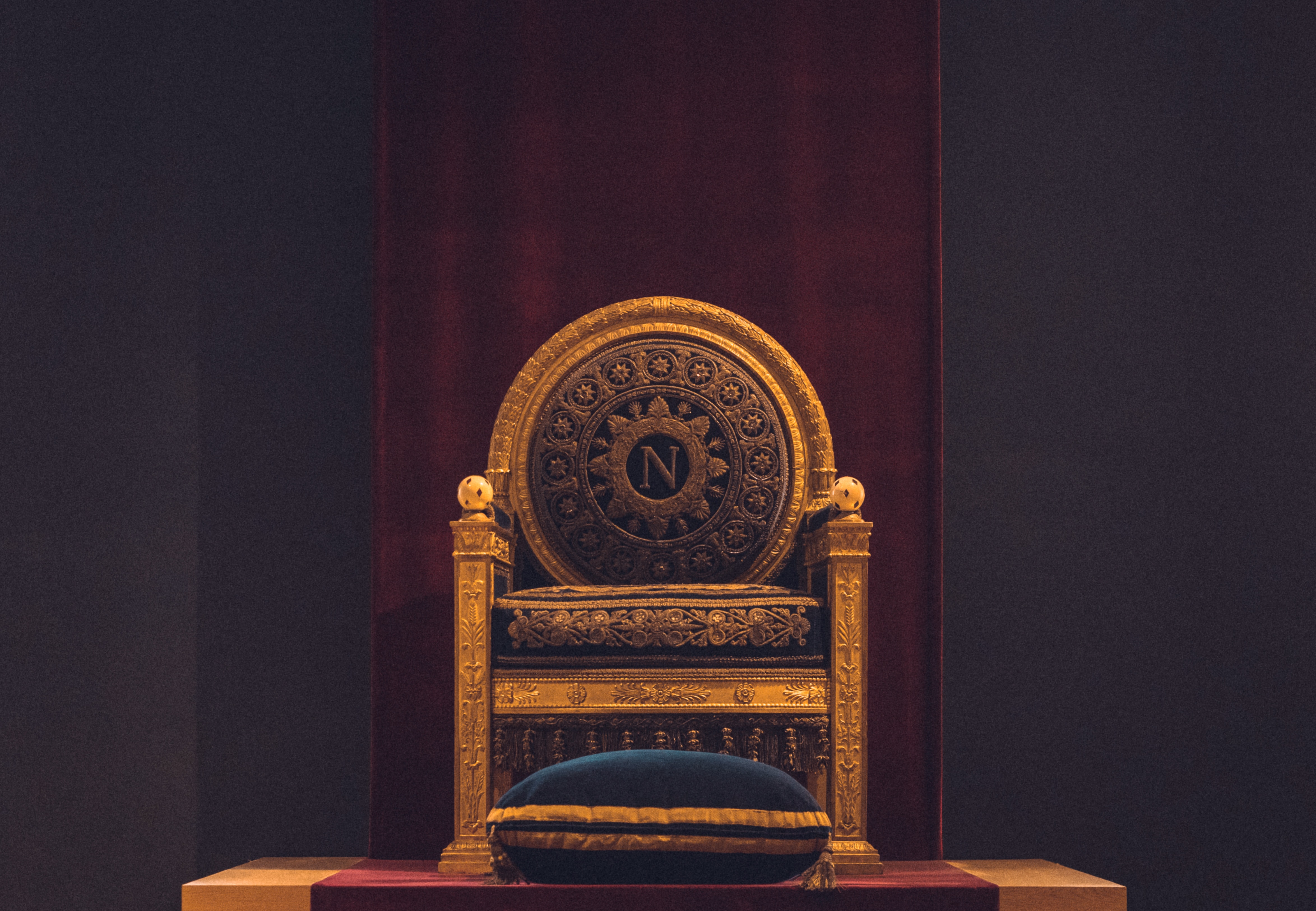
Josh Sundquist is a motivational speaker. And a vlogger. And a paralympic skier. And author of
We Should Hang Out Sometime. In case you are not familiar with him, which I wasn't, myself, until roughly two months ago, you would probably still have guessed by now, that being a paralympic skier entails him having some sort of disability. Well, yes, he is an amputee.
We Should Hang out Sometime is a biography written under the shape of an informal investigation as to why Josh never had a girlfriend until the age of 25. Was it because of his personality? Was it because of his looks? Was it because he lacked social skills?
So, if your first reaction to this is ' why would I read a book about somebody's experience of being single at 25' or ' this is a book about self-pity and being disabled', you are wrong.
We Should Hang Out Sometime should be read primarily because it presents a different reality to all the people who take things for granted.
Josh lost one of his legs to cancer when he was nine. He was home-schooled until high-school and not allowed to officially 'date' until the age of 16 due to the religious beliefs of his family. Not a great start for a social life, or for a successful relationship.
The book is structured in the form of telling the story of a girl he liked, then formulating a hypothesis and then investigating the hypothesis by meeting the girl 10 years (or more) after they had initially interacted. While the idea might seem uninteresting, this is never a surface reading. It's not ' it's a list of failed dates of some frustrated one-legged guy'.
As a matter of fact, it's a journey into self-discovery. Into revealing that, although different from 'the norm', people feel the same. That rejection hurts. That accepting a situation does not necessarily mean being comfortable with it, at a certain point of your development.
The initial motivation of this 'investigation' was ' I'm doing some soul-searching to be at peace with myself'. As a reader, I don't feel like the initial plan was to turn this into a book. I am under the impression that the project was aimed at being exactly what it was meant to be. The fact that it was turned into a book only comes as a bonus. Because, after all, this is not about Liza Taylor Smith or Francesca or a bunch of other girls.
It's about the conclusion. The whole is more important than the composing parts. The image that you have of yourself pretty much determines your success rate in relation to other people. And at some point, someone is going to hold your hand. And never let you fall.
(RECENZIE SCRISĂ DE RĂZVAN ANTON, A APĂRUT INIȚIAL PE
TEORIILE UNUI BLOGGER)
 Josh Sundquist is a motivational speaker. And a vlogger. And a paralympic skier. And author of We Should Hang Out Sometime. In case you are not familiar with him, which I wasn't, myself, until roughly two months ago, you would probably still have guessed by now, that being a paralympic skier entails him having some sort of disability. Well, yes, he is an amputee.
We Should Hang out Sometime is a biography written under the shape of an informal investigation as to why Josh never had a girlfriend until the age of 25. Was it because of his personality? Was it because of his looks? Was it because he lacked social skills?
So, if your first reaction to this is ' why would I read a book about somebody's experience of being single at 25' or ' this is a book about self-pity and being disabled', you are wrong. We Should Hang Out Sometime should be read primarily because it presents a different reality to all the people who take things for granted.
Josh lost one of his legs to cancer when he was nine. He was home-schooled until high-school and not allowed to officially 'date' until the age of 16 due to the religious beliefs of his family. Not a great start for a social life, or for a successful relationship.
The book is structured in the form of telling the story of a girl he liked, then formulating a hypothesis and then investigating the hypothesis by meeting the girl 10 years (or more) after they had initially interacted. While the idea might seem uninteresting, this is never a surface reading. It's not ' it's a list of failed dates of some frustrated one-legged guy'.
As a matter of fact, it's a journey into self-discovery. Into revealing that, although different from 'the norm', people feel the same. That rejection hurts. That accepting a situation does not necessarily mean being comfortable with it, at a certain point of your development.
The initial motivation of this 'investigation' was ' I'm doing some soul-searching to be at peace with myself'. As a reader, I don't feel like the initial plan was to turn this into a book. I am under the impression that the project was aimed at being exactly what it was meant to be. The fact that it was turned into a book only comes as a bonus. Because, after all, this is not about Liza Taylor Smith or Francesca or a bunch of other girls.
It's about the conclusion. The whole is more important than the composing parts. The image that you have of yourself pretty much determines your success rate in relation to other people. And at some point, someone is going to hold your hand. And never let you fall.
(RECENZIE SCRISĂ DE RĂZVAN ANTON, A APĂRUT INIȚIAL PE TEORIILE UNUI BLOGGER)
Josh Sundquist is a motivational speaker. And a vlogger. And a paralympic skier. And author of We Should Hang Out Sometime. In case you are not familiar with him, which I wasn't, myself, until roughly two months ago, you would probably still have guessed by now, that being a paralympic skier entails him having some sort of disability. Well, yes, he is an amputee.
We Should Hang out Sometime is a biography written under the shape of an informal investigation as to why Josh never had a girlfriend until the age of 25. Was it because of his personality? Was it because of his looks? Was it because he lacked social skills?
So, if your first reaction to this is ' why would I read a book about somebody's experience of being single at 25' or ' this is a book about self-pity and being disabled', you are wrong. We Should Hang Out Sometime should be read primarily because it presents a different reality to all the people who take things for granted.
Josh lost one of his legs to cancer when he was nine. He was home-schooled until high-school and not allowed to officially 'date' until the age of 16 due to the religious beliefs of his family. Not a great start for a social life, or for a successful relationship.
The book is structured in the form of telling the story of a girl he liked, then formulating a hypothesis and then investigating the hypothesis by meeting the girl 10 years (or more) after they had initially interacted. While the idea might seem uninteresting, this is never a surface reading. It's not ' it's a list of failed dates of some frustrated one-legged guy'.
As a matter of fact, it's a journey into self-discovery. Into revealing that, although different from 'the norm', people feel the same. That rejection hurts. That accepting a situation does not necessarily mean being comfortable with it, at a certain point of your development.
The initial motivation of this 'investigation' was ' I'm doing some soul-searching to be at peace with myself'. As a reader, I don't feel like the initial plan was to turn this into a book. I am under the impression that the project was aimed at being exactly what it was meant to be. The fact that it was turned into a book only comes as a bonus. Because, after all, this is not about Liza Taylor Smith or Francesca or a bunch of other girls.
It's about the conclusion. The whole is more important than the composing parts. The image that you have of yourself pretty much determines your success rate in relation to other people. And at some point, someone is going to hold your hand. And never let you fall.
(RECENZIE SCRISĂ DE RĂZVAN ANTON, A APĂRUT INIȚIAL PE TEORIILE UNUI BLOGGER) 







